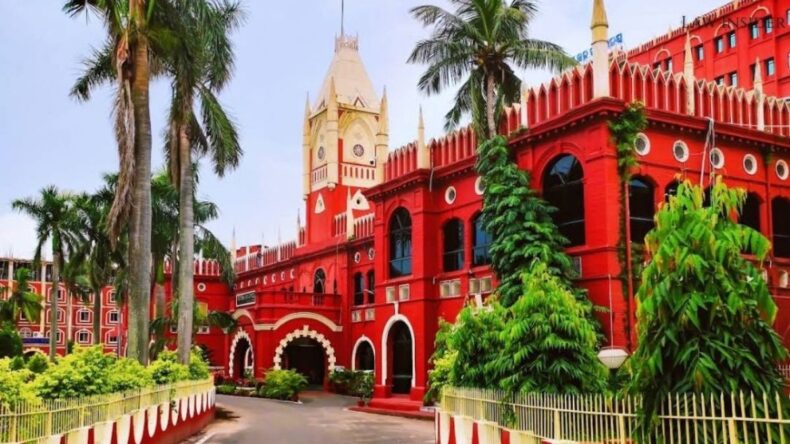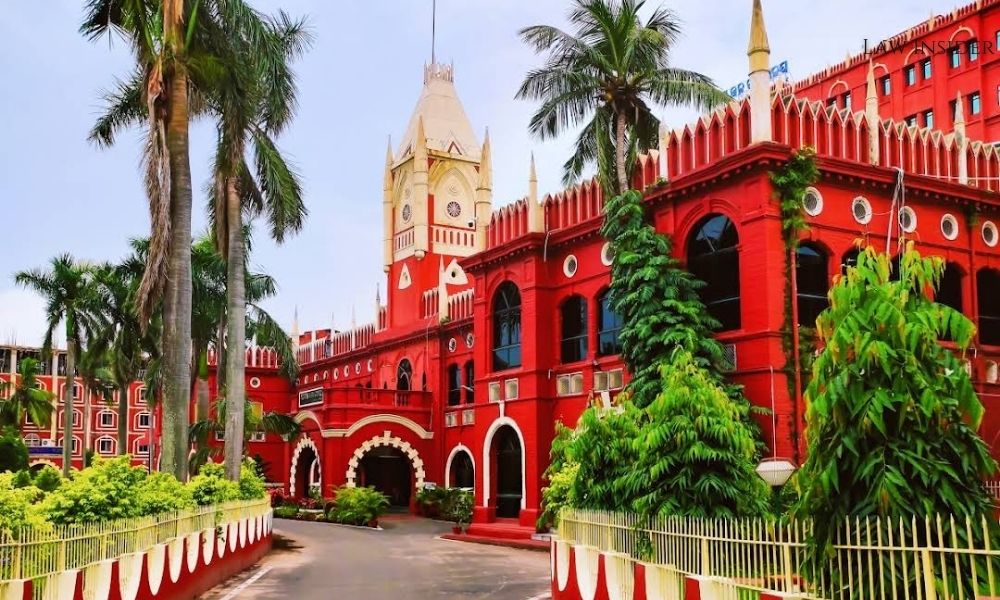
The Orissa High Court recently made headlines when it asked a senior judicial officer, holding the rank of District Judge, to justify the seven years of imprisonment given to a rape offender. This ruling has caused controversy because Section 376(1) of the Indian Penal Code (IPC) specifies a ten-year minimum penalty for such an offence. The Supreme Court’s position that courts cannot impose a sentence shorter than the statutory minimum, particularly where the law does not allow any option to do so, was referenced by the High Court in disapproval of the Trial Court’s order of sentence.
Background of the Case
In response to a criminal appeal brought by a person found guilty of rape in accordance with Section 376(1) of the IPC, the High Court issued its ruling. The Additional Sessions Judge/Special Judge, Jajpur Road, has sentenced the appellant to seven years of hard labour. The appellant’s attorney made a point during the hearing that the Trial Court’s sentence was illegal since it didn’t meet the minimal requirement for the relevant offence.
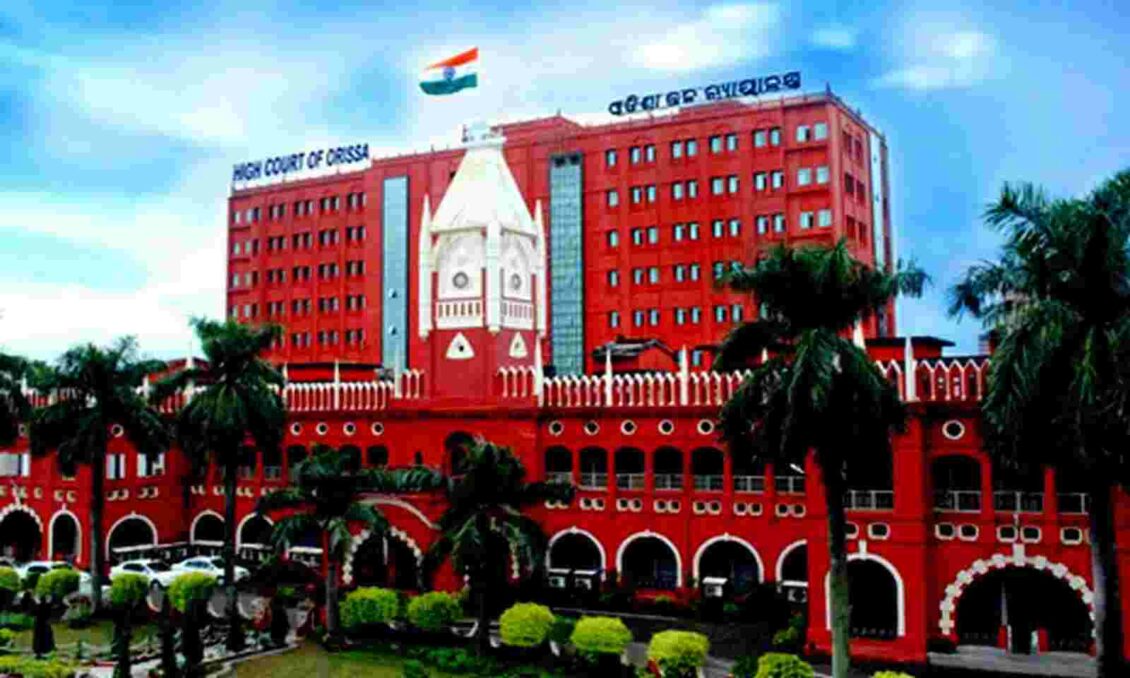
Minimum Sentence in accordance with Section 376(1) of the IPC
According to Section 376(1) of the IPC, rape is punishable by harsh imprisonment for a term of at least 10 years, which may be extended to life imprisonment, as well as by payment of a fine, with the exception of situations covered by Subsection (2). When reviewing this clause, the Court pointed out that the minimum penalty for this offence was seven years previous to the passing of the Criminal Law (Amendment) Act, 2018. Additionally, if unusual circumstances called for it, the court had the option to impose a sentence that was less than the minimum.
Application of the Amended Provision
However, in this instance, the incident happened between March 15 and March 16, 2020. As a result, the Trial Court was forced to implement the modified rule, which stipulated that a sentence of at least 10 years in solitary confinement was necessary. The Criminal Law (alteration) Act 2018 (Act 22 of 2018), which was used to make the alteration, was emphasised by the Court as having taken effect on April 21, 2018. The amendment changed the penalty for rape, stating that it must not be less than 10 years in jail but may go as high as life in prison and a fine.
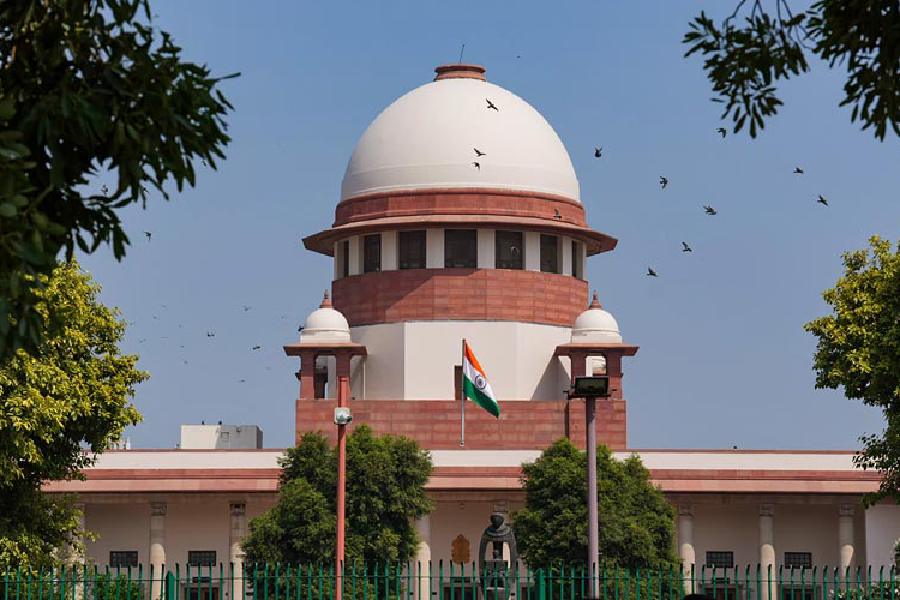
The mandate of the Law and Supreme Court’s Observation
Justice Sangam Kumar Sahoo of the High Court cited a recent statement made by the Supreme Court in the matter of State of UP v. Sonu Kushwaha in order to explain the purpose of the statute. When a criminal provision utilises the phrase “shall not be less than,” the Supreme Court ruled that the court cannot impose a reduced punishment unless there is a particular legislative provision that permits it to do so. This approach led the High Court to the conclusion that the Trial Court had no discretion to sentence the defendant in this case to less than the minimum of 10 years, as required by law.
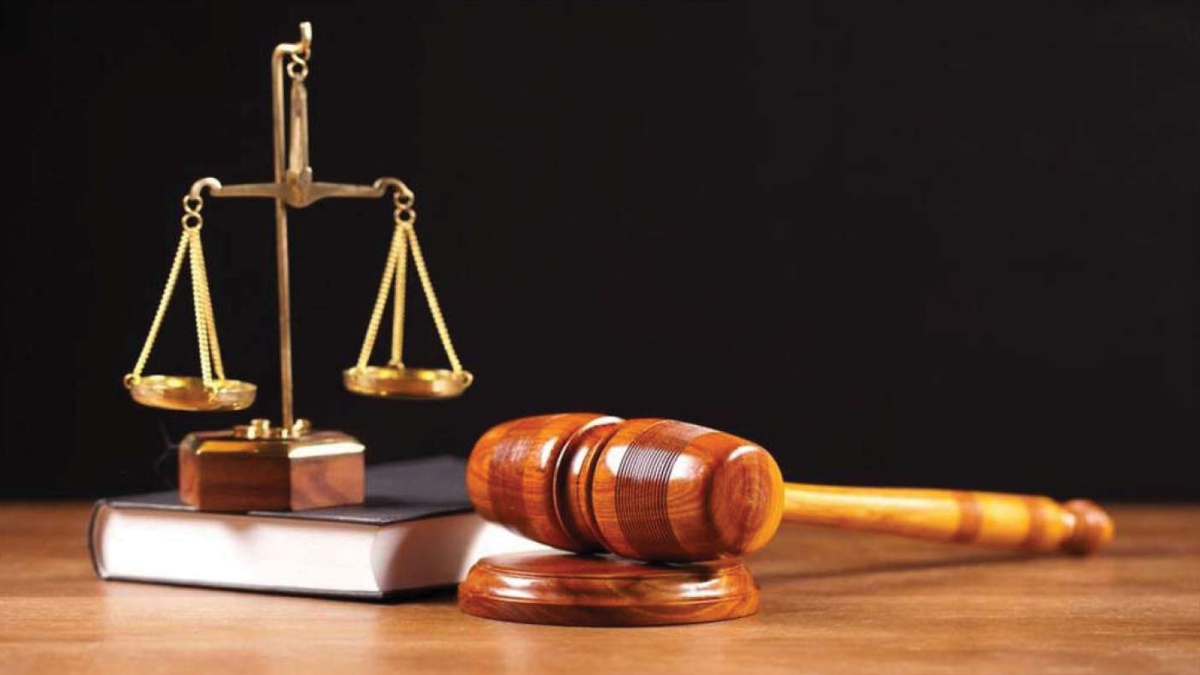
High Court’s Order for Explanation
As a result, the High Court mandated that the Registrar (Judicial) email the relevant Presiding Officer, wherever he is situated, to inform him of the ruling. By July 19, 2024, the Presiding Officer was instructed to provide the Court with an explanation under secret. In particular, Justice Sahoo demanded an explanation of how the Judicial Officer could have sentenced the appellant to seven years of hard labour when the minimum term required by law was 10 years.
Conclusion
The Orissa High Court’s decision to request an explanation from the Judicial Officer in charge of imposing a sentence that was lower than the minimum one specified has highlighted the significance of abiding by legislative requirements. The court’s position reaffirms the rule that courts shouldn’t impose sentences that are shorter than the statutory minimum unless there is a particular provision allowing for it, which is in keeping with the Supreme Court’s view. In order to guarantee that justice is done in situations involving horrendous crimes like rape, this case emphasizes the necessity for clarity and consistency in the application of the law.







